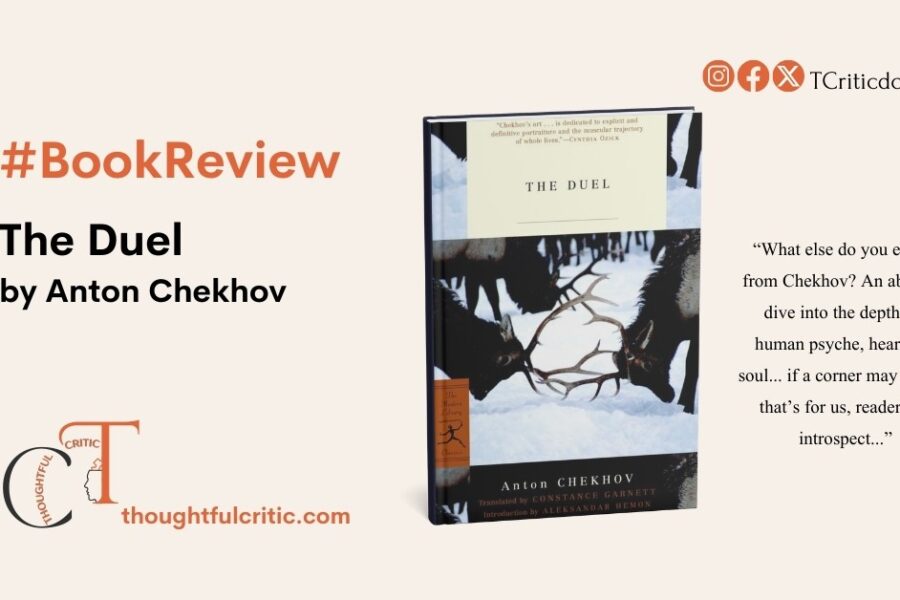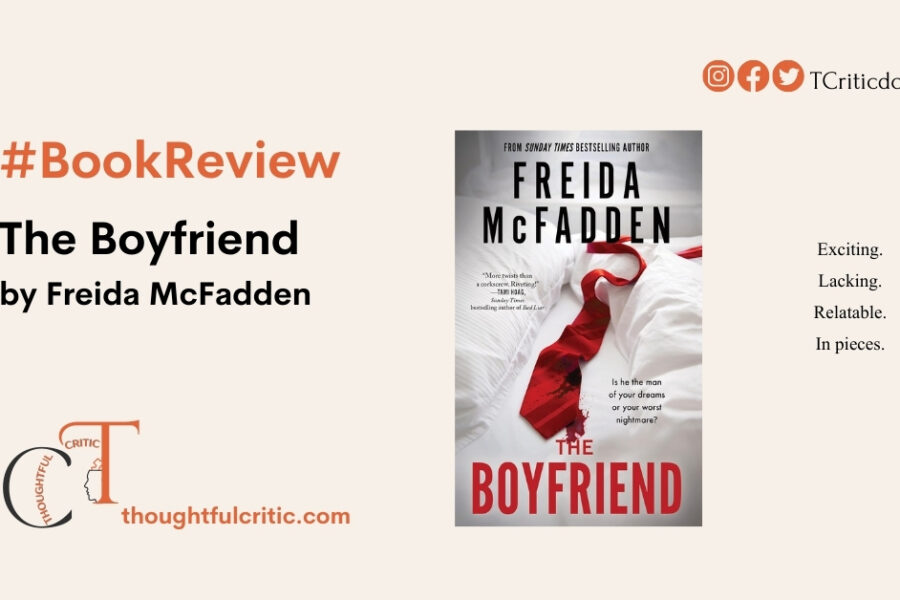In the realm of contemporary literary tales, the opus entitled “A Game of Thrones,” composed by the deft quill of George R.R. Martin, emerges as a vivid and complex narrative masterpiece, casting its shadow upon the hallowed landscapes of the fantasy genre. With meticulous craftsmanship, Martin weaves a tale both resonant and arresting, which beckons the inquisitive intellects of our era to venture forth into the intricate interplay of politics, power, and human nature, while also beckoning comparisons with other esteemed works within the fantastical canon. While I did enjoy the TV adaptation, the novel was always going to be more exciting for someone who still enjoys the power of pen, more than anything else. George Martin’s pen, on a lighter note, created the throne of swords… the famous iron throne!
Trivia: A Game of Thrones is the first novel in the book series A Song of Ice and Fire. If you are interested in knowing more about the book series, you can read this detailed and comprehensive article on the ReadByCritics website – A Song of Ice and Fire Book Series Summary.
Within this tale of swords and schemes, Martin’s acumen for character development stands as an emblem of his narrative prowess. A panoply of multifaceted personas graces the pages, their ambitions and idiosyncrasies rendered with consummate precision, rendering them both relatable and enigmatic. The Starks, Lannisters, and Targaryens, among others, grace the narrative tableau with their presence, each casting a unique hue upon the thematic fabric.
Comparisons drawn against other august tomes of fantasy reveal the transformative nature of “A Game of Thrones.” Echoes of Tolkien’s mythopoeia resound, yet the chiaroscuro of Martin’s moral terrain casts a stark contrast. While Tolkien’s world delineated the paradigm of absolute good versus incorrigible evil, Martin’s creation is predicated upon a more morally ambiguous plane. Characters exemplify virtues and vices in equal measure, no single soul being impervious to shades of grey. Such intricacies have not only augmented the plausibility of character portrayals but have also kindled an evolution in the genre’s portrayal of human nature.
The incandescent revelation lies in the way Martin transfigures the fantasy genre itself. Priorly perceived as the preserve of magical creatures and abstract destinies, the fantasy genre underwent a transmutation through “A Game of Thrones.” Here, the fantastical becomes a tapestry upon which the quiddities of realpolitik are embroidered. Rather than being relegated to mere escapism, the genre becomes an allegorical conduit through which modern socio-political dynamics are deftly echoed. In this manner, the novel bears witness to an epochal redefinition of the fantasy genre, establishing a new paradigm wherein profound examinations of power, morality, and mortality are pursued.
Yet, even within the cadences of its enchanting narrative, no creation remains impervious to critique. The novel’s vast expanse, replete with multifarious characters and intricate plots, has, at times, led readers to veer amidst the labyrinthine complexities, occasionally risking detachment from the overarching tapestry. Moreover, the leisurely pacing that affords depth to character introspections can, in moments of urgency, engender a sense of deceleration within the narrative current. We can say a lot about the lacks in the Eden of an exemplar story, let me summarise all the important shortcomings of the novel in brief.
Foremost among these observations is the sprawling profusion of characters and their interwoven narratives. While the canvas’s grandeur is undeniable, it occasionally veers into a labyrinthine convolution, engendering moments of reader perplexity. In weaving an extensive cast of characters, each embellished with intricate histories and motivations, Martin compels the reader to navigate through a dense underbrush of narratives. This abundance, though a testament to the author’s intricate world-building, may at times lead to an inadvertent diversion from the core narrative current. Furthermore, the deliberate pacing, often lauded for its nuanced exploration of characters’ internal landscapes, can, in moments of narrative urgency, appear ponderous. As the wheels of political intrigue turn with sombre gravity, the reader might yearn for a swifter narrative momentum, occasionally encountering stretches wherein the cloak of languor overshadows the galloping spirit of the plot.
Within this epic canvas, another facet of discourse resides in its depiction of women. Critics posit that some female characters, while imbued with multifaceted dimensions, are at times subjected to plot devices that exacerbate their suffering or appear designed solely to elicit sympathy. These instances have sparked discussion about gender representation within the narrative and the broader ramifications of their portrayal.
Lastly, some discerning voices have raised concerns over the overt and graphic depictions of violence, both physical and sexual, within the novel. While the dark and unflinching portrayal of human brutality serves to amplify the realism of the setting, there are instances where it treads a fine line between verisimilitude and gratuitousness, giving rise to apprehensions regarding the narrative’s ethical compass.
In the cradle of literary discourse, critique serves as a mirror, reflecting not only the luminous facets but also the shadowed corners of creative endeavour. While “A Game of Thrones” is undeniably an exemplar of narrative ambition, its canvas is not immune to the inevitable creases that arise when the quill of creation traverses the realms of human complexity. Thus, in the shimmering canvas of “A Game of Thrones,” where heroes and villains dance a mosaic of intrigue, discerning readers, while enraptured by its allure, may still recognise the muffled footfalls of critique echoing amidst the chambers of fantasy’s symphony.
In summation, “A Game of Thrones” stands as a pivotal testament to the transformative potency of literary ingenuity within the fantasy genre. Martin’s saga, imbued with labyrinthine plots, morally nuanced characters, and a verisimilar political intrigue, proclaims its status as a work of unparalleled magnitude. Within the folds of its pages, the very essence of fantasy is transmuted, transcending the periphery of escapism to emerge as a potent mirror, reflecting the complexities of our human condition. As the saga continues, may we find ourselves enthralled and enlightened, our literary horizons forever broadened by this herald of new epochs in the realm of imaginative storytelling.
Anyone who wishes to be transported to a world of intrigue and schemes, political conspiracies and philosophical deliberations of the wise dwarf, Lord Tyrion Lannister, should (or rather MUST) get a copy of A Game of Thrones by George R.R. Martin and read the novel. If the first one strikes the right chord, there are many more to read in the series A Song of Ice and Fire. If you want to read the novel, get a copy by clicking on the link to Amazon India below:
Click here to get a copy now – Amazon India
Review by Manish for ThoughtfulCritic
A Game of Thrones by George R. R. Martin – A Book Review
-
Thoughtful Critic's Rating
Summary
Too long… too detailed… too much… and yet too entertaining to just ignore. You can navigate through the boredom because there is the wise Lord Tyrion Lannister to keep you indulged in the constant process of learning we know by the name of life. Enjoy! Learn.




